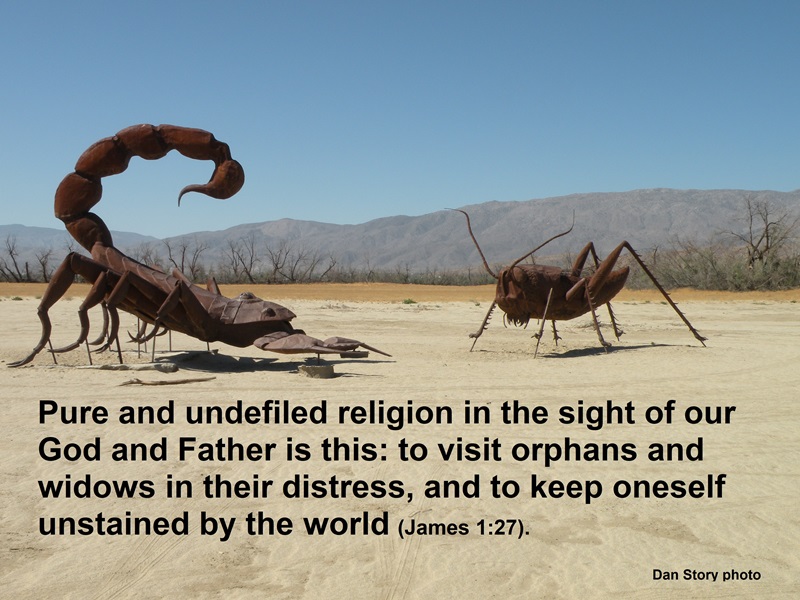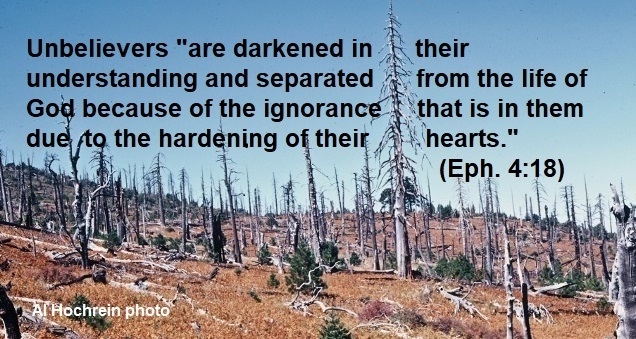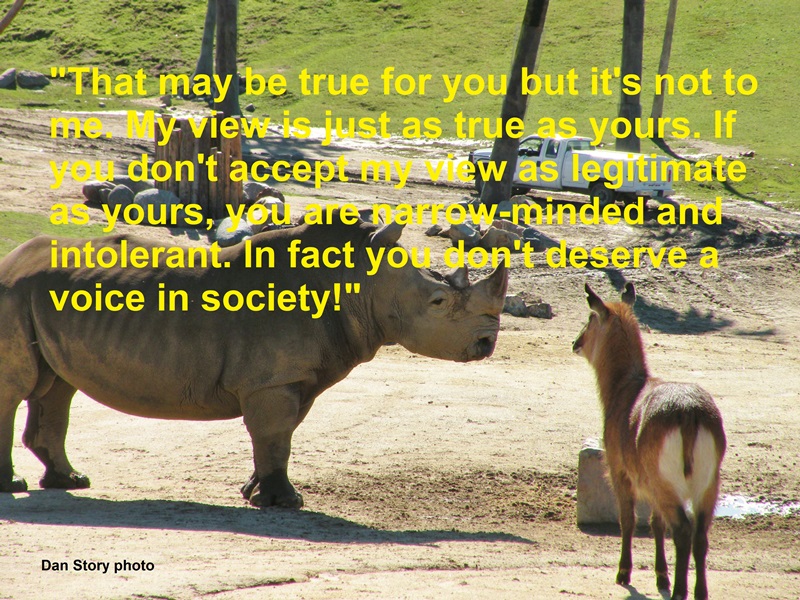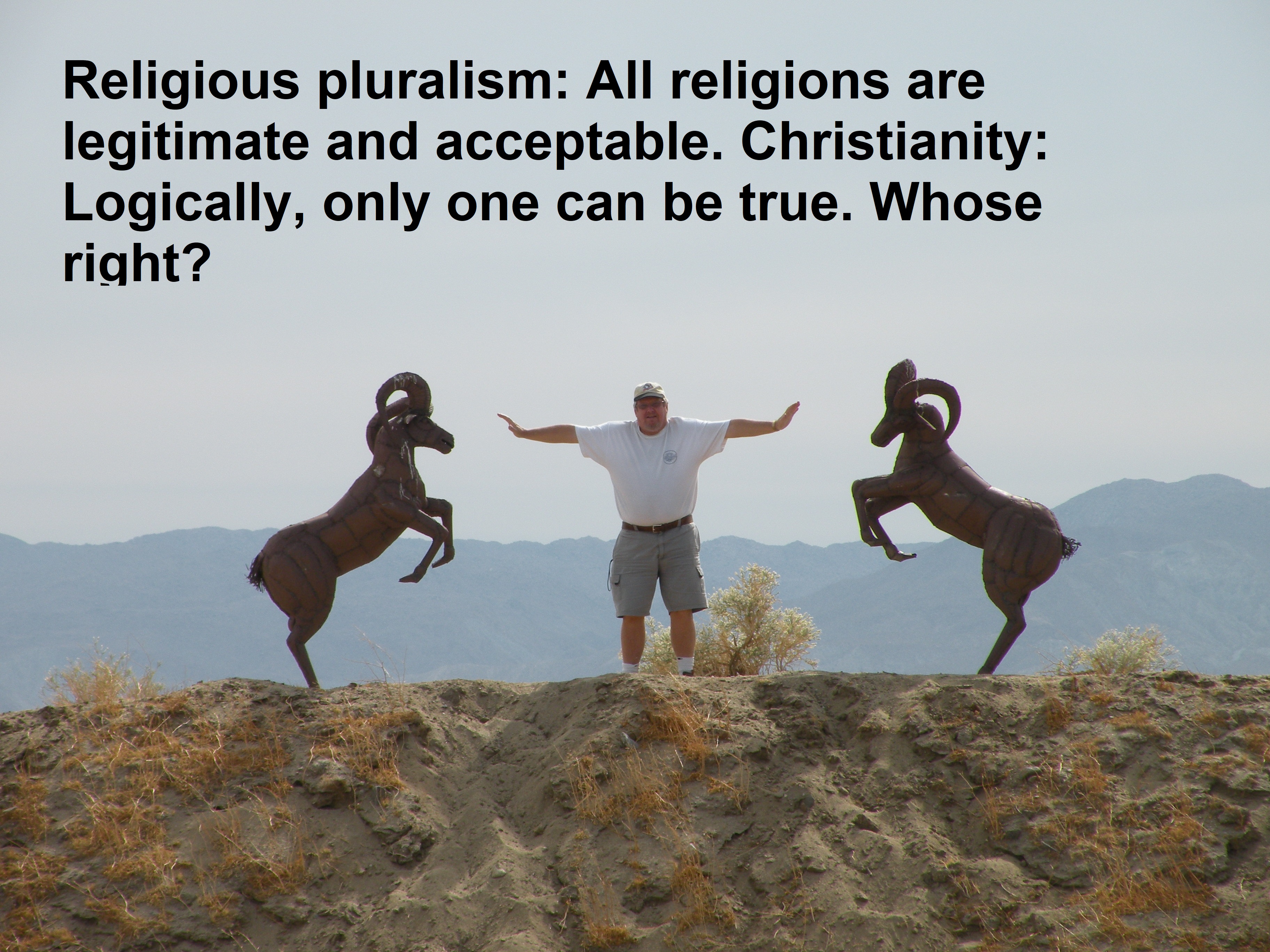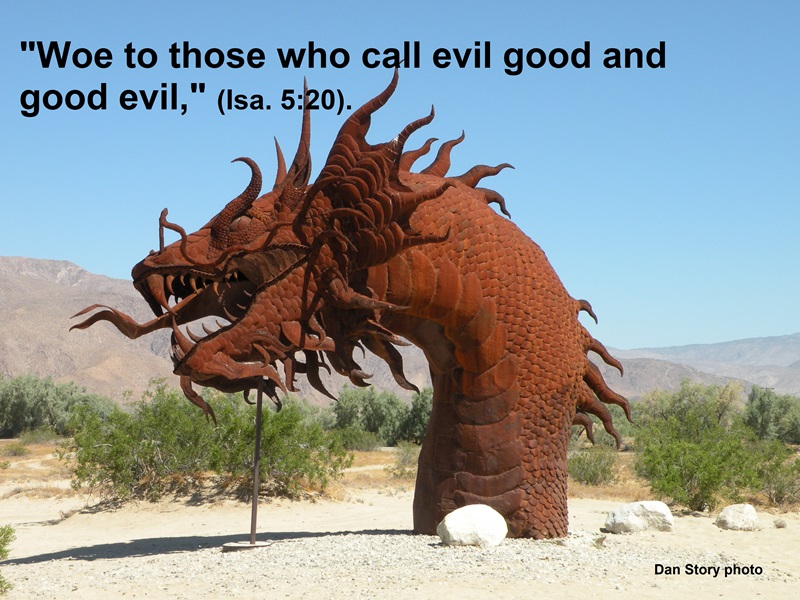Note: If you have not signed up to join my blog email list, please click on “contact” above and send me your name and email address. You will receive notices when I post a new blog and avoid missing future blog posts in this and other series. I do not share email addresses.

Part Four: The Historical Foundation for Christian Apologetics and Two Principles That Summarize Why Apologetics Is Successful
Christianity is a history-based religion grounded on specific historical events. These events were observed and recorded by eyewitnesses (E.g., 1 John 1:1-4; cf., 1 Corinthians 15:3-8) and are crucial to establishing the truth and reliability of Scripture—and therefore the legitimacy of the Christian worldview. For example, one cannot separate the first coming of Jesus Christ, the Day of Pentecost described in Acts 2, Jesus’ resurrection, and other historical events from the spiritual truths that flow out of them. This historical “rootedness” separates Christianity from all other religions. If we can’t demonstrate that the Bible reveals genuine knowledge, wisdom, and absolute truth, Christianity becomes just one more dish in the smorgasbord of available religions.
Understanding and applying this can be crucial for effective apologetics and evangelism in today’s increasingly secular postmodern culture. In the remaining eight blogs in this series, I will suggest six apologetic responses to postmodernism. Each will employ sound logic, demonstrate that absolute truth exists, and emphasize, directly or indirectly, that all postmodernists rely on absolute truth in virtually all areas of their lives—despite claiming otherwise. Together, these eight posts will demonstrate the inconsistencies, deceptive nature, and irrationality of postmodernism. To begin in this blog, however, I want to suggest two guiding principles in apologetics that are valid because Christianity is a historical, fact-based religion:
Two Apologetic Principles Based on Scripture’s Historical Facts
The following two foundation principles are natural conclusions based on Christianity’s historical roots. They show why apologetics is successful at demonstrating the truth and reliability of Scripture and therefore successful at rebutting religious and secular postmodernism:
- Since the Bible is truthful and reliable everywhere it can be verified by objective, confirming historical and other evidence, we are justified to conclude it will be equally truthful and reliable in its non-testable, spiritual truth-claims. This includes salvation through Jesus Christ alone, the indwelling Holy Spirit, and eternal life in Heaven for God’s people. In other words, the Bible’s spiritual truths rest on a solid foundation of verifiable facts. Christianity alone among the world’s religions attains the highest level of certainty available in the area of religious knowledge. Thus, Christianity is religious Truth.
2. In light of the first principle, if people are intellectually honest and choose a religion based solely on objective evidence instead of personal feelings, they will choose Christianity and reject all other religions. (I’m not ruling out the work of the Holy Spirit in this—which is self-evident to Christians.) This conclusion is confirmed subjectively by personal experiences when the Bible’s spiritual truth claims are accepted and applied. Through the power of God, they transform people’s lives. We can legitimately conclude from objective and subjective evidence, based on historical facts, that the Bible is the truthful, reliable, and authoritative Word of God. ©
Next week we’ll look at our first apologetic response to postmodernism: Postmodernism is destroying the moral fabric of America.
